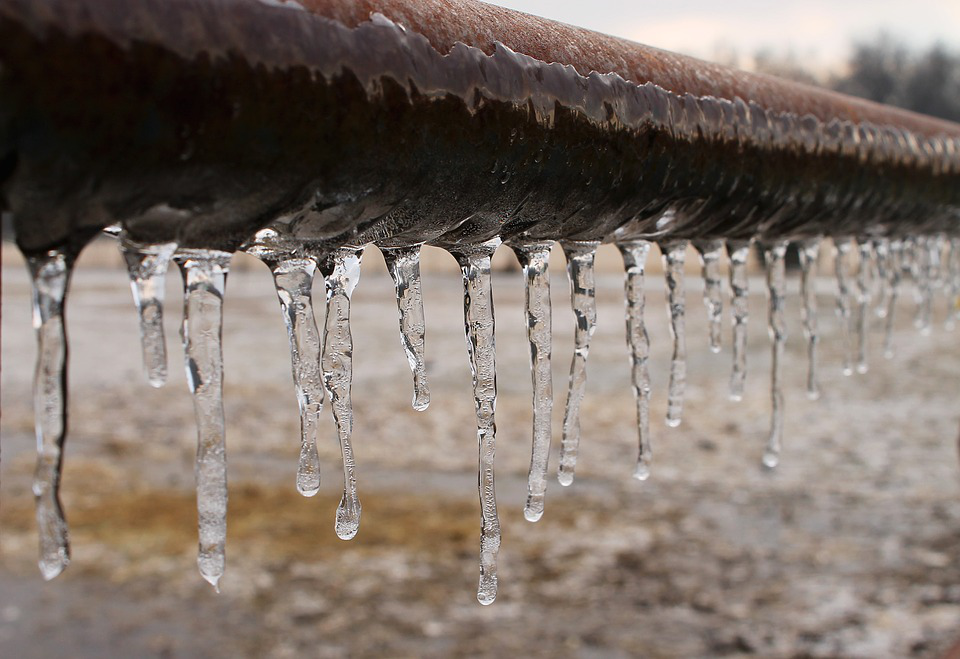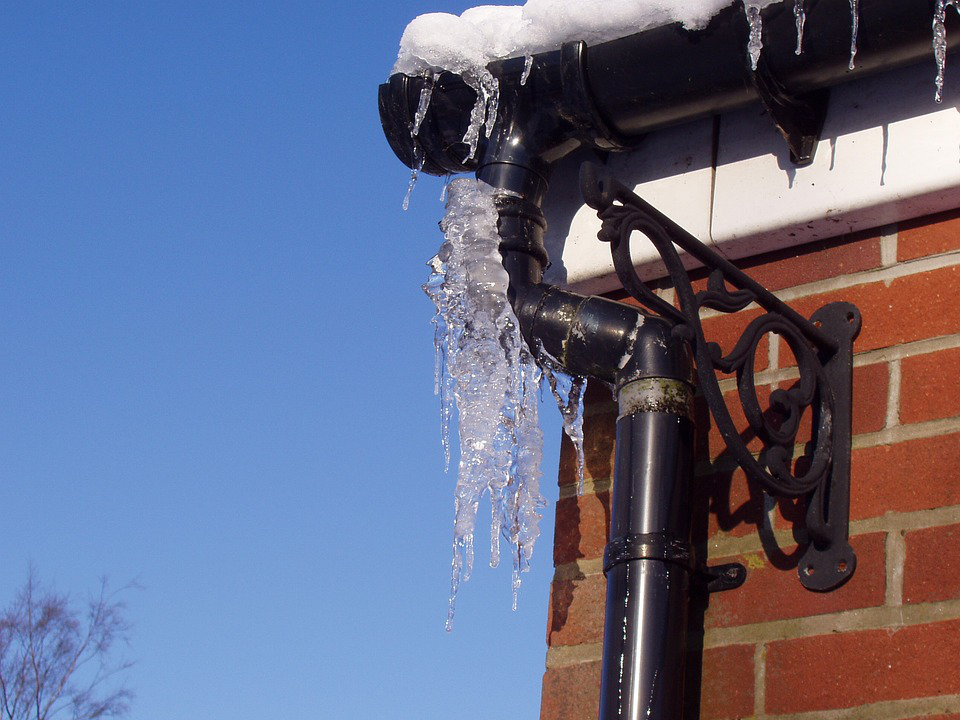How to Safely Deal with Frozen Pipes
Summer heat, a little snow, tornadoes, hurricanes, and thunderstorms—Texas sees it all. While the general climate of Texas is characterized as arid in the west and humid in the east, some regions in Northern Texas do receive significant snow. Fort Worth is one of those!
As winter is all set to make its way into our lives, residents of Fort Worth need to gear up. In this post, we will discuss the effect of snow on the plumbing system.
Why do frozen pipes need your attention?
Frozen pipes must be dealt with immediately. The reasons are fairly obvious. If too much frost accumulates in the pipes, they can burst open. This happens when pressure builds up between the faucet and the blockage. Bursting pipes are highly unsafe for those living nearby.
Other than that, if the water inside the pipe freezes, you can’t use it for your household chores.
Frozen pipes can also be very expensive to deal with if they remain ignored for a long time. It might be easy for you to thaw a kitchen faucet on your own but if the frozen pipe is behind a wall, you’ll need professional help.
Let’s look at what can be one to address the issue:
Where is the cold coming from?
Cracks and holes are two of the biggest culprits when it comes to letting cold air in. Whether these holes are in the ceilings, walls, or floors, the best way is to get them sealed. For better efficiency, seal holes on both sides of the wall. This is an effective measure for indoor pipes that are located in rooms where the temperature is too low.
Another way of keeping the internal temperature under control is to keep the heat on. Make sure the temperature doesn’t drop too low even when you’re away. This might lead to a hike in the utility bills but will still be a more affordable option than paying for pipe replacement.

Insulation is the key!
The best way to key frozen pipes at bay is to keep your attics and basements well-insulated since this is where most of the pipes are.
An inexpensive way to do so could be to fit the pipes with foam rubber or fiberglass sleeves—whatever is convenient. This technique only works for exposed pipes and not the ones that are located behind walls and underneath the floor. In the latter case, you’ll have to get the ceilings and walls insulated.
As an added precaution, you could also keep the kitchen doors and cabinets open so ample warm air can make its way to the plumbing beneath.
While all these measures can only help you prevent your pipes from freezing, only a professional plumber can help you deal with the issue entirely. Frozen pipes are a highly risky business and susceptible to bursting—don’t deal with them on your own. If you’re in Fort Worth, call Pro Serve Plumbing. The number is 817-244-0614.

